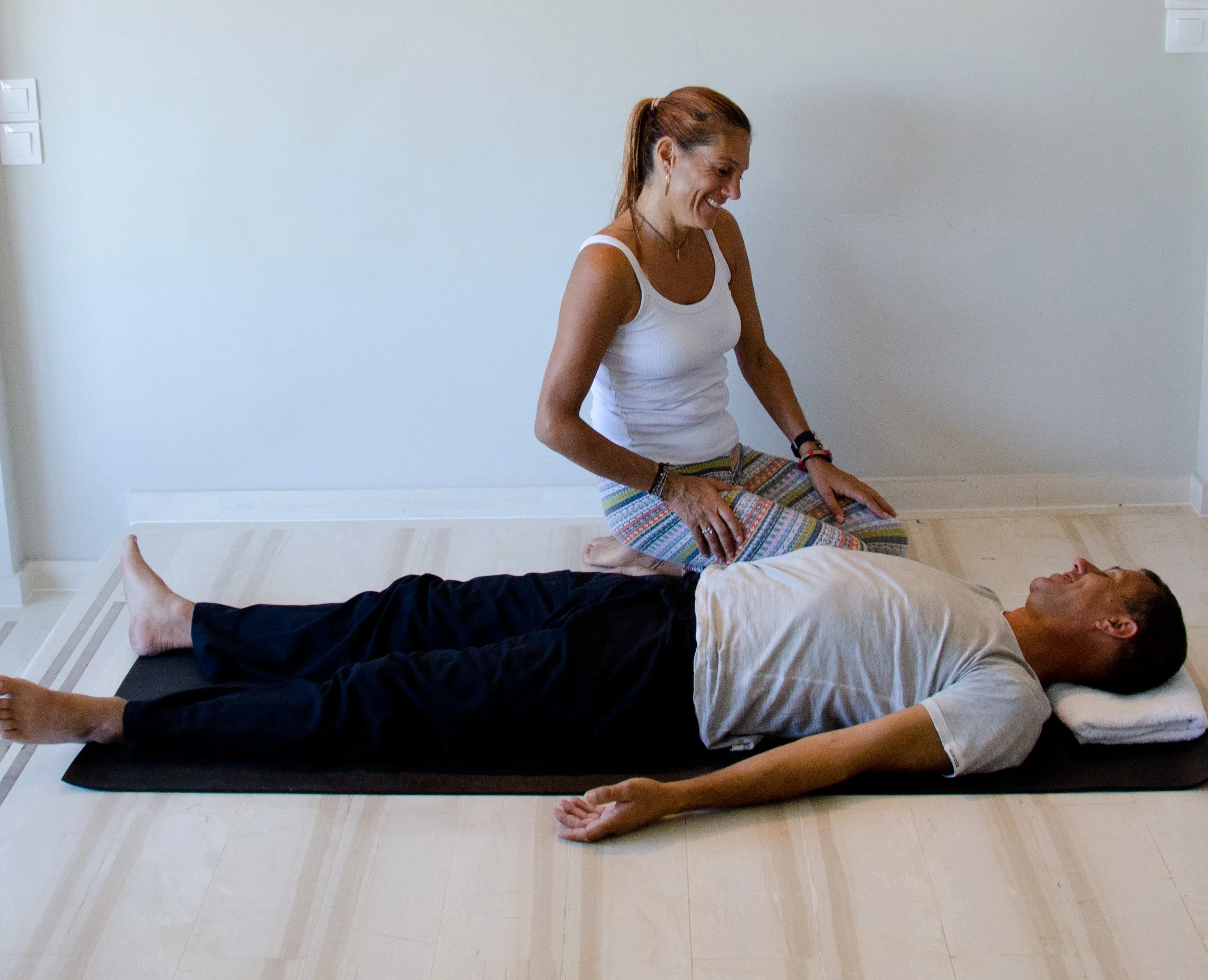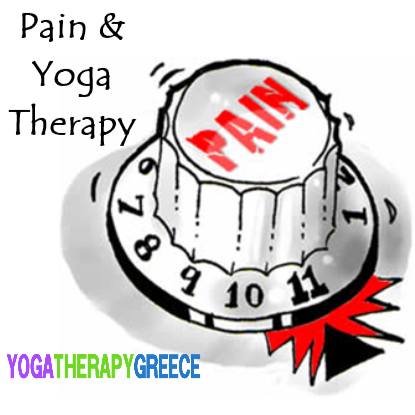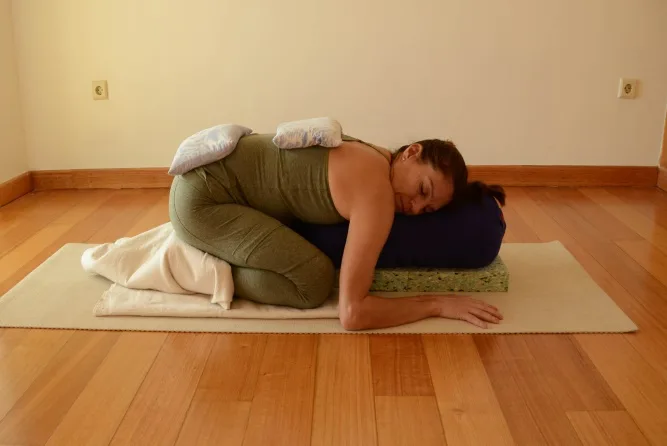Yoga Therapy for Mental Health: Managing Stress, Anxiety and Depression

Yoga Therapy for Mental Health
Mental Health is defined as a state of well-being in which every individual realizes his or her own potential, can cope with the normal stresses of life, can work productively and fruitfully, and is able to make a contribution to his or her community.
The main causes for mental health conditions are environmental factors with or without the combination of genetic factors and more specifically traumatic life experiences, thinking style, brain biology and high levels of stress.
The key factors for a positive Mental Health are to be physically active, to have ways to self-manage the stress levels, to keep learning and engaging the mind, to have a healthy diet avoiding smoking drinking, sugar and fat and to connect with others and not to isolate. They are exactly the same as with all the other medical conditions, showing once again how much interrelated body and mind are having the same needs.
Yoga Therapy for us in Yoga Therapy Greece is a holistic personalized application of yoga that takes into account the bio-energetic-psycho-socio-spiritual condition (the panchamaya kosha) of the individual and enhances self-awareness, control and ultimately transformation. In Yoga Therapy for mental health challenges, we co develop with the client a practice for being physically active and coping with stress, positively engaging the mind feeling heard, valued, empowered and more balanced.


Stress, Anxiety and Depression
Stress as a biological process takes place when an organism perceives a threat to its existence or well-being. The experience of stress has 3 components. The stressor which could be an event, a thought or an inner sensation. The processing system, the mind meaning the way of thinking and the brain biology. And the stress response which consists of various physiological and behavioural adjustments made as a reaction to a perceived threat.
3 main factors that universally lead to stress are uncertainty, lack of information and the loss of control. But the way we react to perceived stress has a lot to do with the way we appraise not only the situation but mostly our ability to cope with it, our self-efficacy in changing the event or the way we relate to the situation.
Anxiety & Yoga Therapy Strategies for Anxiety
Anxietyis characterized byexaggerated, abstract, and relatively uncontrollable worry and negative thoughts about the future, us and others. This excessive worry is also related with diminished attentional control and ability to concentrate, difficulty to relax, feel safe and think positively.
In Yoga Therapy for people with Anxiety we enhance attentional control by focusing on the breath with simple breathing practices tailored to the individual, on the body with safe and appropriate for the person movements that capture the mind and release tension from the body.
With supported restorative postures and guided relaxation, we facilitate the letting go of worries and the much-wanted feeling of safety. Also, occasionally with positive affirmations we replace the negative thoughts with empowering and positive ones based on the personal needs expressed in the personal intake of each yoga therapy session.

Depression & Yoga Therapy Strategies for Depression
Depression, the most common and recurring mental health phenomenon, is characterized by rumination, thinking repetitively and negatively about one’s feelings and problems, mostly self-focused and about the past.
And these symptoms are our goals in yoga therapy, and they are addressed in a compassionate and effective way.
The yoga therapy strategies are the same as with anxiety but we focus more on shifting to a positive way of feeling by changing the posture and the bodily expressions with mild movements that make us feel stronger, lighter, taller, more open and empowered.
Also, by shifting the mind to a more positive way of thinking through the use of appropriate and specific to the individual positive affirmations.










